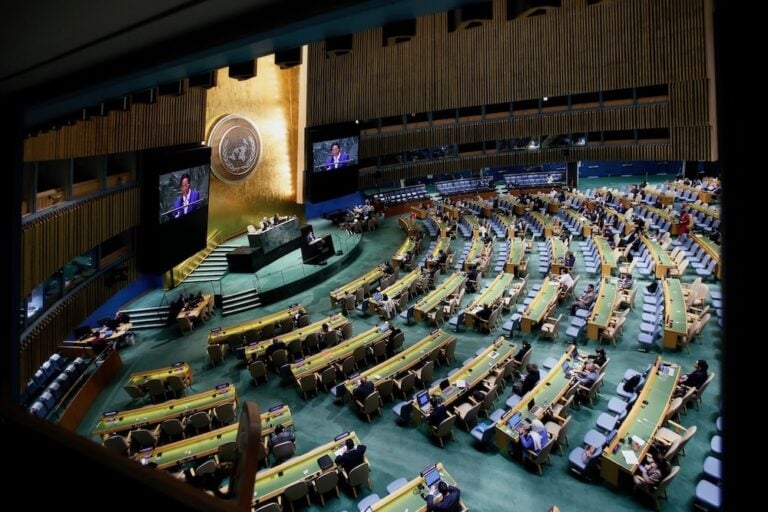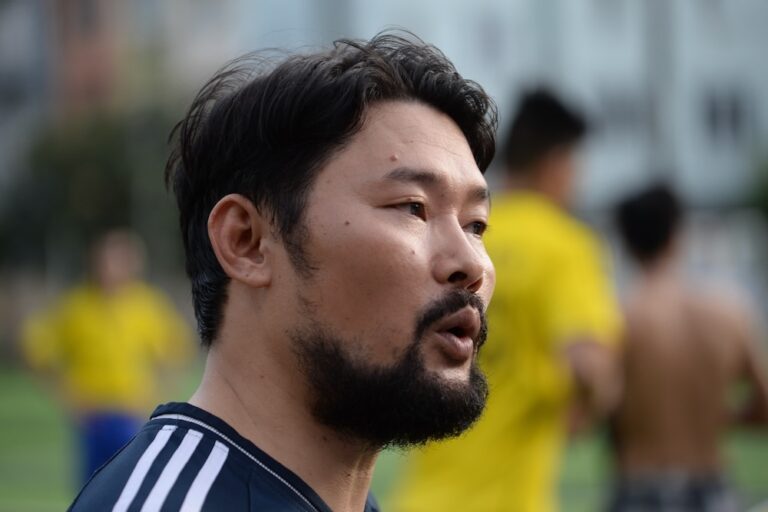(RSF/IFEX) – Reporters Without Borders reiterates its call for the release of Nguyen Hoang Hai, a Ho Chi Minh City blogger better known by the pseudonym of Dieu Cay, who has been held on a tax fraud charge since 19 April 2008 and who is about to begin his fifth month in detention. “This is […]
(RSF/IFEX) – Reporters Without Borders reiterates its call for the release of Nguyen Hoang Hai, a Ho Chi Minh City blogger better known by the pseudonym of Dieu Cay, who has been held on a tax fraud charge since 19 April 2008 and who is about to begin his fifth month in detention.
“This is an utterly baseless charge that is just a pretext to prevent him from posting more articles critical of the government,” Reporters Without Borders said. “The authorities are copying their Chinese neighbours both as regards Internet filtering and harassment of Internet users. We call for Dieu Cay’s release.”
Dieu Cay posted articles criticising China’s policy in the South China Sea, where both the Chinese and Vietnamese governments claim sovereignty over the Spratly and Paracel Islands. He had been under close police surveillance since taking part in protests against Chinese policy that took place in Ho Chi Minh City at the start of the year 2008. At one point, the police threatened to let Chinese agents kill him.
After not seeing him for more than a month, police went to his home in Dalat district 3 (on the northern outskirts of Ho Chi Minh City), searched his home, seized documents and charged him with tax fraud.
The authorities accuse him of not paying any taxes for the past ten years on the place where he lives. In fact, he rented the premises from Hanoi Eyewear Co. under an arrangement allowed by the law in which the company assumes responsibility for paying the taxes.
Dieu Cay is affiliated to a group of bloggers known as the Free Vietnamese Journalists Club, some of whose members have been threatened and arrested on several occasions. One, who does not want to be named, was fired from his job at the government’s request and fears he could be arrested on a charge of “divulging information abroad with the aim of overthrowing the government” for giving interviews to foreign news media.
Vietnam has the most repressive Internet policies in Asia after China. Nine cyber-dissidents are currently in prison because of what they posted online. In 2006, ISPs were told to install software that enables them to store their clients’ data for a year. The interior ministry is in charge of filtering political content.


